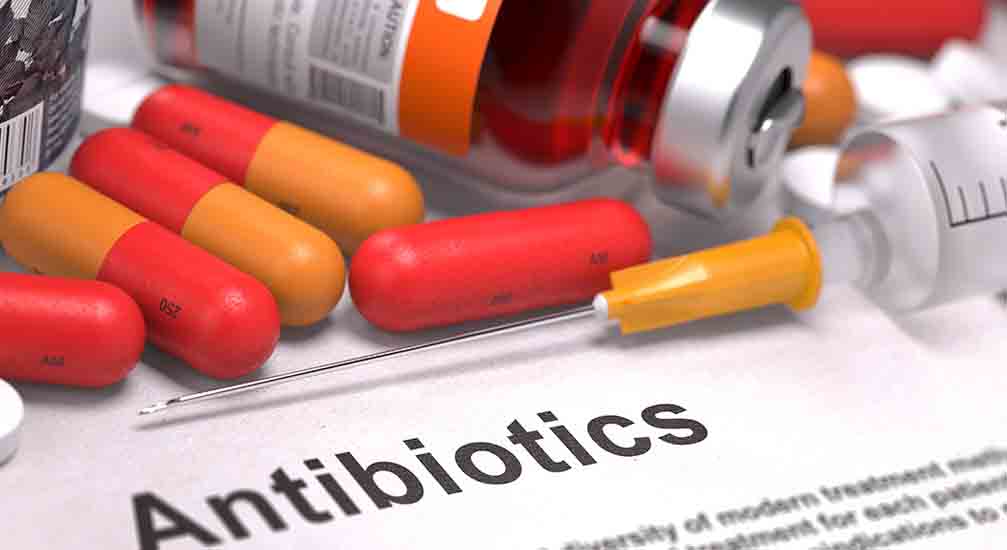NAFDAC Debunk Claims Of Circulation Of Plastic Fish In Nigeria
The National Agency for Food and Drug Administration and Control (NAFDAC) says there is no plastic fish in circulation in Nigeria. NAFDAC Management said in a statement in Abuja that its finding followed “a thorough investigation and analysis of some unsuspected plastic fish samples’’ in its laboratory.












